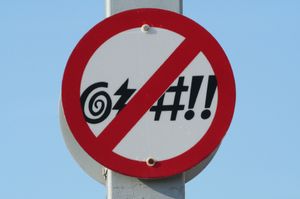 I am not usually a fan of curse words. As a Dad with two young boys, I've especially become very conscious of them as I try desperately to help my oldest make it to his seventh birthday without trying it out in conversation. We're just a few weeks away.
I am not usually a fan of curse words. As a Dad with two young boys, I've especially become very conscious of them as I try desperately to help my oldest make it to his seventh birthday without trying it out in conversation. We're just a few weeks away.
Still, for some time I've been thinking that it may have an underestimated value when it comes to marketing. The first time I thought about this was when reading about a wonderful social marketing campaign from Saatchi and Saatchi that was done close to 20 years ago. It was for an organization fighting childhood hunger on the streets in Canada (I think) and as the ad featured visuals of young homeless boys on the street just trying to survive, the following voice-over of a boy's voice came on:
"If I said I'm hungry, that probably wouldn't bother you."
"If I said f*ck, it probably would."
"F*ck, I'm hungry."
Those three simple lines stuck with me. At once they were a sad reminder of how desensitized we can get from the real issues in our world, and how we tend to focus our attention on the wrong things. The ad came back to me last week as I watched the online firestorm and conversation erupt from a single tweet sent by prolific blogger (and frequent agitator) Jeff Jarvis.
The tweet, in response to watching some of the posturing and deadlock in the recent "conversation" from politicians in Washington around the debt ceiling was short and emotional:
"Hey, Washington assholes, it's our country, our economy, our money. Stop fucking with it." (@jeffjarvis)
At the suggestion of one responder on Twitter, he then shortened the sentiment to a hashtag (#fuckyouwashington) which took off (read a great curated version of the full story on Storify). Over the next few days, the sentiment led to hundreds of thousands of retweets, interviews with mainstream media, and some backlash and indignation from DC-residents who took issue with the tweets directed at their entire city instead of just the politicians.
In a followup blog post aptly titled "No one owns a hashtag" – Jarvis shared why profanity was such a necessity though it may have offended some:
"Some wanted me to clean up the hashtag because it offended them. But as I tweeted in response, #dagnabbitwashington would not have had the same impact. It was the profanity about profane politics that made it take off, I believe."
His conclusion was the same one that led one of the world's largest advertising agencies to use the same profanity as a wake up call to resensitize an audience to the importance of a serious issue like childhood hunger. The big conclusion from both examples is a truth that perhaps we too often forget … sometimes there is simply no substitute for a well placed f-bomb.







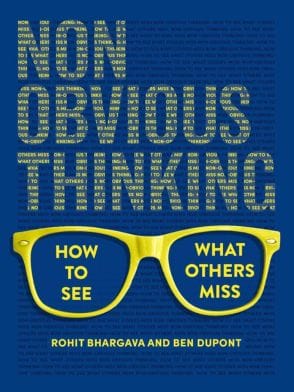

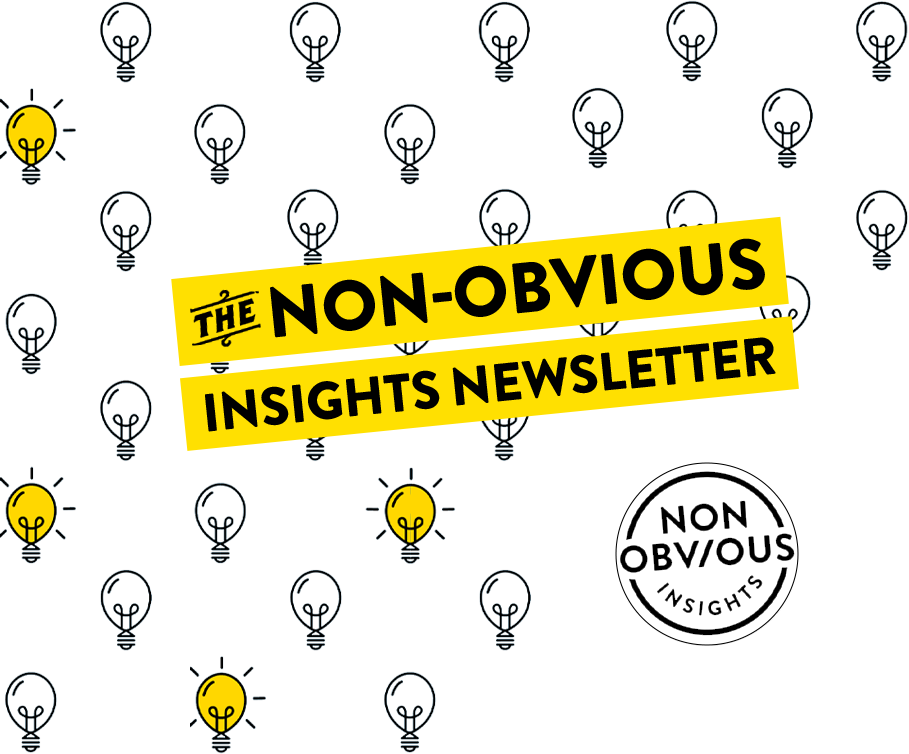


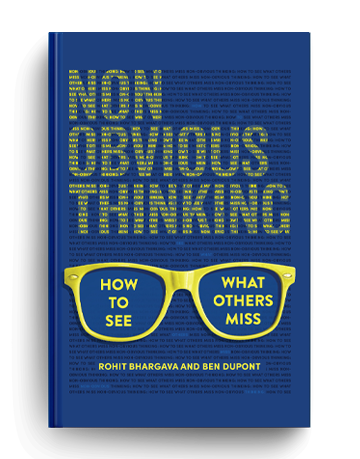
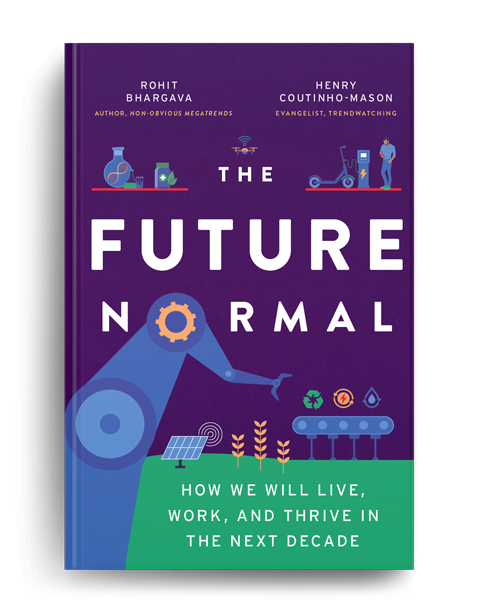

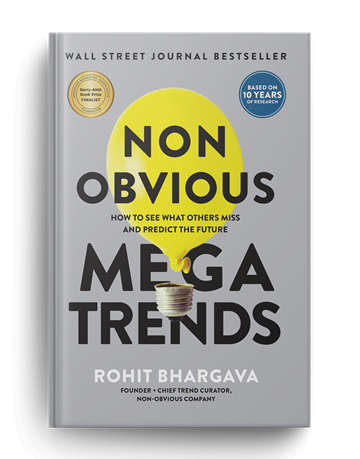
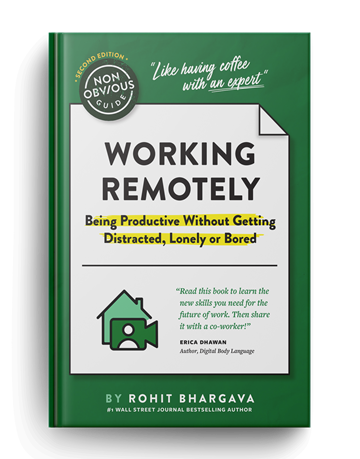
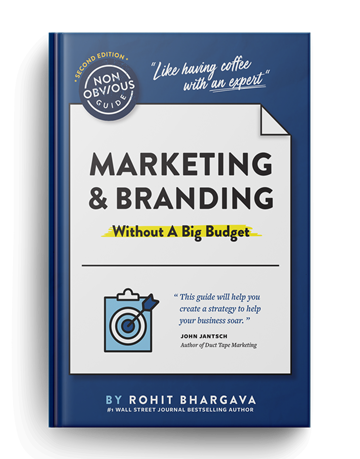
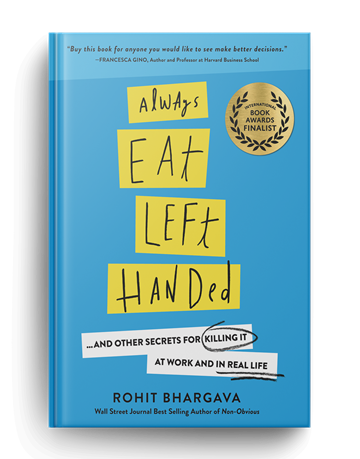
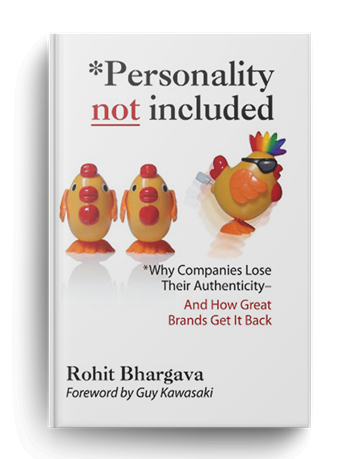
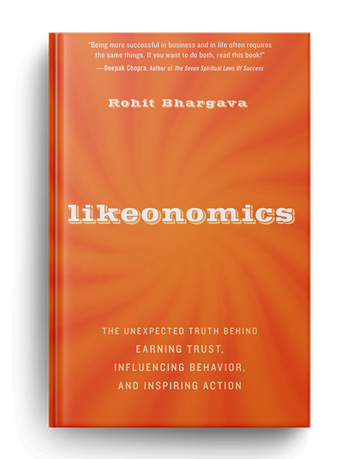


That’s the whole point of profanity — it’s powerful when used strategically. But when someone uses it continuously, it loses it’s power and just becomes an annoyance. If you use the f-word to describe everything, what do you use when you really need it?
I was married and several years out of college the first time my father ever heard me use a bad word. I had driven my father, mother, and grandmother down to Princeton for my sister’s class day (we lived in northern NJ) and we were heading on on the NJ Turnpike with my sister’s mini-refrigerator in the back of my Pinto station wagon. It was raining and suddenly the driver-side windshield wiper flew off — I said “sh*t” and realized my father had never heard me curse. Luckily my mother and grandmother were half asleep in the backseat and never heard me. We’re many years down the road now and I still laugh when I hear my mom curse — something very rare.
I probably don’t have to note, Rohit, that this post needs a link to a certain episode of The Wire https://www.youtube.com/watch?v=KQbsnSVM1zM
https://www.youtube.com/watch?v=KQbsnSVM1zM
I love words and was raised, in part, by a grandmother who taught me that ‘those who swore habitually lacked the mental faculties to summon an alternative phrase.’ That said, I actually dropped the f-bomb during the #fuckyouwashington weekend as a sign of solidarity and my frustration over the lunacy going on as regards the nation’s legislative body.
I posted a follow up tweet that apologized for my use of profanity: over 2 years and 17+ tweets and it was my first. I swear with velocity and accuracy when warranted.
As a writer, I understand the power of words, and you can bet your ass that I’ll choose them carefully.
Of course yes! there is no substitute.
It is such a fascinating word as it can mean so many things and add drama or intensity to any situation. But when it is used constantly, which it is by so many people these days, they seem to come across as exceptionally lame and ignorant.
//Beth @ the Phoenix Marketing Agency